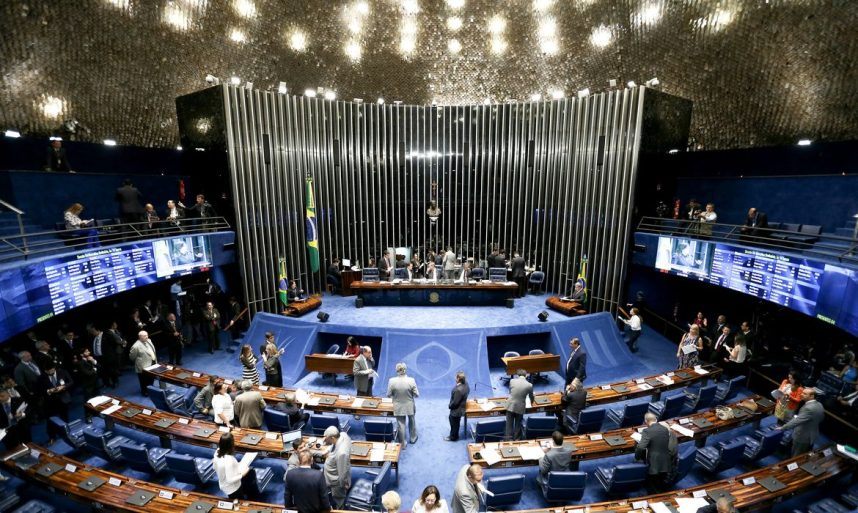Date: October 18, 2023, 06:51 AM.
Last updated on: October 18, 2023, 06:51 AM.
The Brazilian government has been diligently working on legislation for sports betting, but progress has been slow in the Senate. Optimism surrounds the approval of the sports betting regulation bill by the end of this month, but it may not occur as expected.

Alexandre Padilha, the Minister of Institutional Relations, provided an update on the bill after meeting with President Lula and other government leaders. He stated that there are still several issues that need to be addressed.
During the meeting, discussions focused on improving tax collection, with sports betting being a particular area of interest. The Ministry of Finance predicts a significant boost to the country’s revenue through the regulation of the gaming market, estimating up to BRL$12 billion (US$2.38 billion) annually.
There is a positive outlook as the Senate’s Economic Affairs Committee has started analyzing the sports betting bill. This is a crucial step towards the regulation and taxation of the sports betting market in Brazil.
Approaching Deadline
Minister Padilha emphasized the importance of this progress, as the government views sports betting regulation as a substantial source of revenue. If approved, Brazil will join other countries in capitalizing on the economic potential of the sports betting industry through taxation.
The Ministry of Finance’s projection of up to BRL$12 billion per year in tax revenue highlights the economic significance of regulating sports betting. This revenue could make a significant contribution to various sectors, supporting public health initiatives and development projects.
Stakeholders are closely following the Senate’s Economic Affairs Committee as they analyze the bill. Interest in participating in Brazil’s sports betting industry is already high, despite the lengthy approval process posing a challenge.
October Approval Unlikely
The Senate does not expect to meet the federal government’s wishes. Senator Angelo Coronel stated that November or possibly December is a more realistic target.
In an interview with media outlet O Globo, Coronel confirmed that the current form of the bill does not satisfy the Senate. The Chamber of Deputies sent the bill to the Senate on September 13, and the senator acknowledged that his chamber will make various changes.
Coronel did not specify the nature of these changes, but he believes the bill will not be ready for a vote until after October 24. He expressed a desire to have discussions with as many industry players as possible to ensure a “democratic” process.
Coronel added that the bill will undergo a full Senate vote sometime in early November, after which it must return to the Chamber of Deputies for further review. If the timeline is accurate, final government approval of the bill will not occur until at least the end of November.


